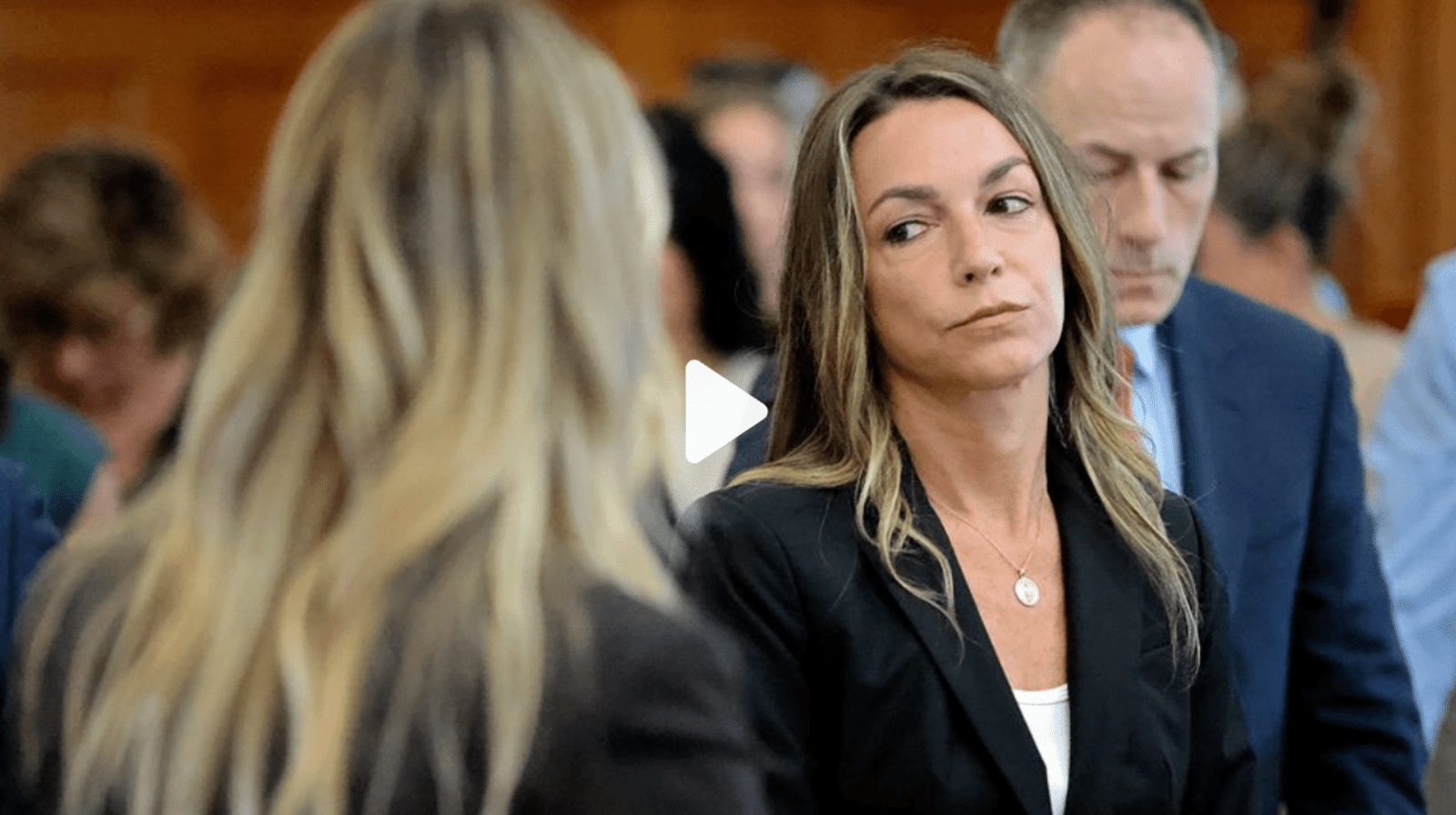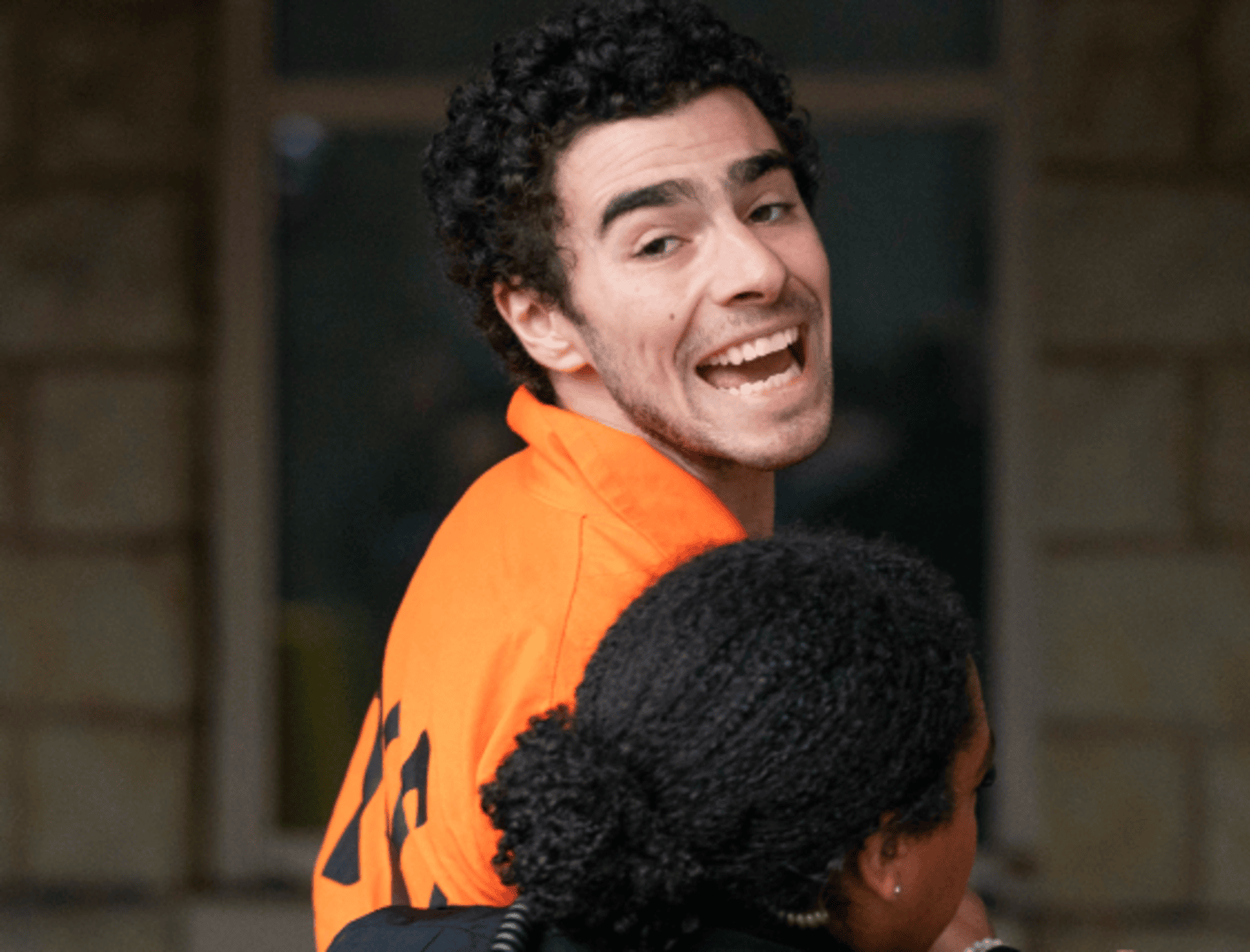
Mistrial in Karen Read Case: Justice Deadlocked or Delayed? Mistrial Declared in Karen Read Murder Case: Jury Deadlocked After Weeks of Deliberations
A Massachusetts courtroom erupted in a mix of gasps and sighs on Monday as Judge Beverly Cannone declared a mistrial in the case of Karen Read. Mistrial in Karen Read Case: Justice Deadlocked or Delayed?
Trial Captures National Attention
The high-profile case garnered national attention from the start. True crime enthusiasts, conspiracy theorists, and supporters of Read, often identified by their pink clothing, flocked to the courthouse throughout the trial. The sensationalized nature of the case, coupled with the high-profile professions of both Read and O’Keefe, fueled intense media scrutiny.

Prosecution Paints a Picture of Betrayal
Prosecutors argued that Read struck O’Keefe with her Lexus SUV outside a party at the home of another police officer before leaving him for dead in a snowstorm. They presented evidence suggesting the couple had been drinking heavily that night and argued before Read drove O’Keefe to the party. Witness testimony and phone records were used to build a timeline of events.
Jury Deliberations Drag On
The jury deliberated for over three weeks, marked by growing tension and media speculation. Rumors of a hung jury swirled as days turned into weeks with no verdict.
Mistrial Declared, Future Uncertain
This leaves both the prosecution and the defense to consider their next steps. Prosecutors have indicated they intend to retry the case, while Read’s legal team is likely to explore all options, including potential plea bargains.
Impact on O’Keefe’s Family and Read’s Life
The mistrial is a devastating blow to O’Keefe’s family, who yearn for closure after his death. Read, who has maintained her innocence throughout the trial, also faces an uncertain future. This ordeal’s legal and emotional toll has been immense for both families.
Lingering Questions and Public Interest
The case continues to spark public interest, with many questions remaining unanswered. Was the investigation flawed? These questions will likely persist until the case is resolved, either through a retrial or a plea agreement.
Looking Ahead: A Retrial or New Chapter?
The coming weeks will be crucial as both sides strategize their next moves. A retrial would mean putting Read on trial again, reliving the trauma of the events and potentially facing a life sentence if convicted. Alternatively, a plea agreement could offer some degree of closure, but it wouldn’t definitively answer the question of guilt or innocence.
Justice Delayed, But Not Denied
While the mistrial leaves the immediate outcome uncertain, one thing remains clear: justice for John O’Keefe and a resolution for Karen Read remain elusive. The legal process will continue, but the emotional scars left by this tragedy will undoubtedly last a lifetime for those involved.
The Karen Read Trial: A Maelstrom of Media Frenzy, Conspiracy Theories, and Deadlocked Justice
It was a perfect storm of sensational elements: a high-profile defendant in a former professor, a deceased victim who was a police officer, a potential love triangle, and whispers of a police cover-up. This article delves deeper into the factors that fueled the media frenzy and the complexities that led to a mistrial.
Media Circus: True Crime Meets Reality TV
The trial wasn’t just about seeking justice; it became a media spectacle. True crime enthusiasts and conspiracy theorists flocked to the courthouse, their presence amplified by social media. News outlets provided minute-by-minute updates, dissecting every piece of evidence and witness testimony. Read’s supporters, often clad in pink, became a recognizable symbol, blurring the lines between courtroom drama and reality TV. This constant media attention undoubtedly influenced public opinion and potentially pressured the jury.
Prosecution’s Case: Building a Narrative of Betrayal
Prosecutors painted a picture of a jealous girlfriend turning violent. They relied on witness accounts of a heated argument between Read and O’Keefe before the party. Phone records were presented to establish a timeline, suggesting Read dropped O’Keefe off at the party and then left. The prosecution highlighted evidence of heavy alcohol consumption that night, implying impaired judgment. However, their case wasn’t without weaknesses. The defense effectively raised questions about the investigation’s thoroughness.
Defense Casts Doubt: Was Karen Read Wrongly Accused?
Read’s defense team aggressively challenged the prosecution’s narrative. They pointed out the questionable handling of evidence by police, including the use of flimsy cups at the crime scene. A key element of their strategy was a retired pathologist’s testimony suggesting O’Keefe’s injuries weren’t consistent with being hit by an SUV. This raised the possibility of another altercation at the party, potentially involving other guests. The defense team skillfully sowed seeds of doubt, suggesting Read may have been wrongly accused.







